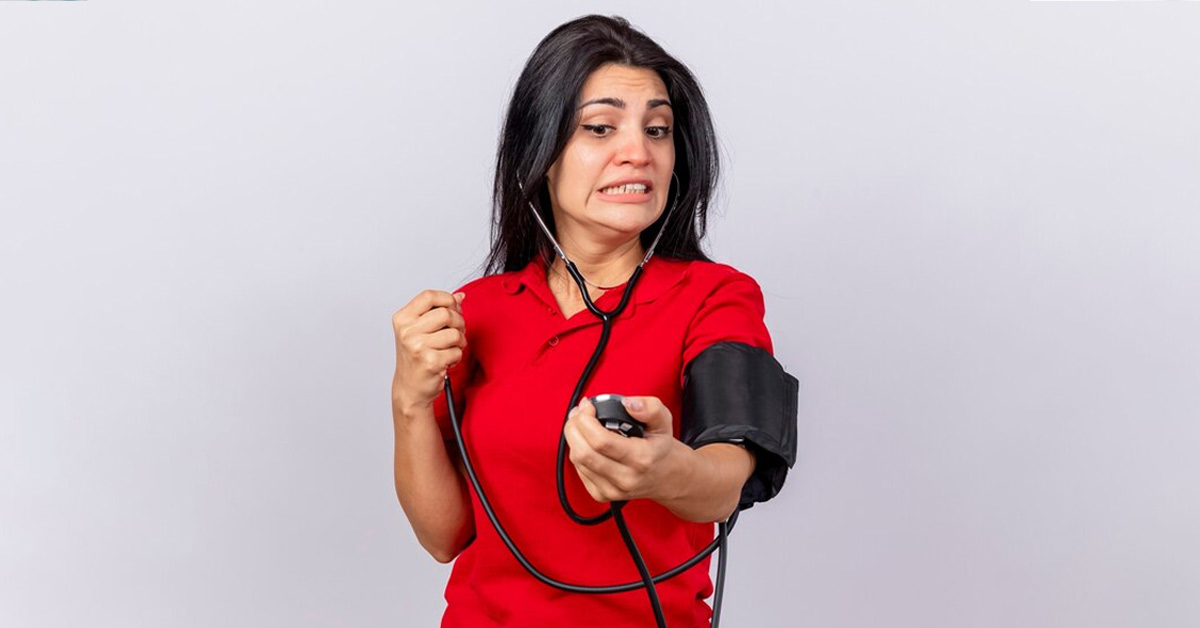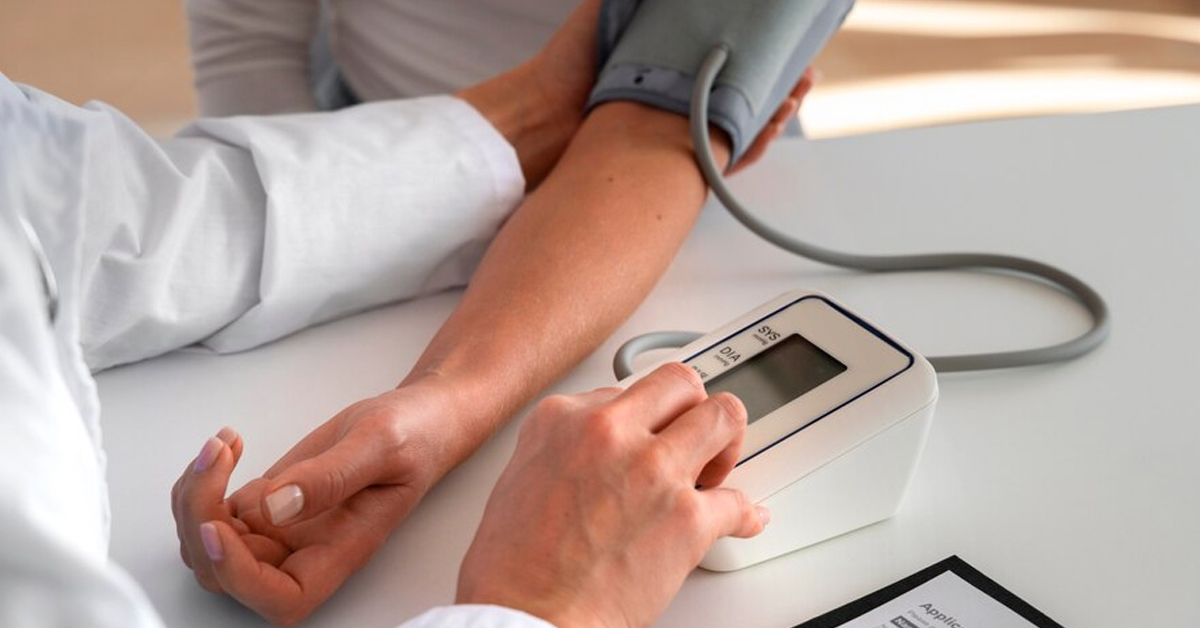
Blood pressure refers to the force of blood pushing against the walls of the arteries. When your heart pumps blood into the arteries, it creates pressure, delivering oxygen and nutrients to tissues and organs throughout the body. However, when this force is consistently too high, it leads to high blood pressure or can cause hypertension.
Table of Content:-
According to the American Heart Association (AHA), older adults are more likely to have high blood pressure, as ageing can cause the blood vessels to gradually lose their elasticity.
But does that mean young people should care less about their blood pressure and their overall heart health?
Also Read: Study Finds Unhealthy Diet May Damage Blood Vessels
Healthy Blood Pressure Range

Dr Tanmai Yermal Jain, Consultant Cardiologist, Manipal Hospital, Kharadi, Pune, describes a healthy blood pressure range as systolic pressure (the top number) that is less than 120 mm Hg and diastolic pressure (the bottom number) as less than 80 mm Hg, which is commonly expressed as 120/80 mm Hg.
"For cardiovascular health, blood pressure must be maintained within normal limits because deviations raise the risk of heart disease, stroke, and other health issues," he tells the OnlyMyHealth team, adding that to maintain ideal blood pressure readings, routine monitoring and a healthy lifestyle are important.
Should Young People Be Concerned?
According to Dr Jain, although hypertension is more common in the elderly, it can also affect young people for various reasons, including genetic susceptibility, obesity, poor diet, smoking, stress, and inactivity.
A 2019 study published in the journal Hypertension found that high blood pressure in young adults is surprisingly common, affecting 1 in 8 young adults.
Researchers noted that early high BP can lead to later heart and brain problems, but it's often undiagnosed and untreated in young people.
In fact, Dr Jain says that in the initial period of hypertension, it remains asymptomatic and hence remains undetected for a longer period of time.

Therefore, the doctor recommends, “Even in young people, routine blood pressure monitoring can aid in the early detection of possible issues. The risk of hypertension can be considerably decreased by leading a healthy lifestyle that includes a balanced diet, frequent exercise, keeping a healthy weight, abstaining from tobacco use, and limiting alcohol intake. Early treatment of blood pressure problems can improve long-term health and avoid consequences.”
Hypotension Risk Among Young People
While hypertension is a big health challenge, hypotension, or low blood pressure, can also pose various problems.
When your blood pressure is too low, your body's vital organs fail to receive enough oxygen and nutrients, leading to symptoms such as rapid breathing, heart palpitations, cold and sweaty skin, and more.
Dr Jain says, “Although it is less common in young people, low blood pressure, or hypotension, can nevertheless happen for several reasons. Dehydration, which lowers blood volume, nutritional deficiencies (especially in important vitamins like B12 and folate), and endocrine diseases like Addison's disease or extremely low blood sugar are among the possible reasons.”

Additionally, the condition can result from severe infections (sepsis), some cardiac disorders, the use of some drugs, such as those meant to treat depression or high blood pressure, as well as blood loss from trauma or internal bleeding.
“Although hypotension may not always be a concern, it can nevertheless result in symptoms including exhaustion, fainting, and dizziness. In extreme situations, it can be a sign of an underlying medical condition that has to be treated,” the doctor adds.
Conclusion
Without blood pressure, it would be impossible to transport oxygen and necessary nutrients to various tissues and organs in the body. It would also impact the process of carrying toxic waste out of the body through the liver and kidney. However, high blood pressure can put too much force and pressure on the artery walls, which can strain the blood vessels, leading to complications like heart attack and stroke.
The key, therefore, is to keep blood pressure levels in an acceptable range by not only controlling any underlying medical issues but also by following a healthy diet, eating nutritious foods, maintaining a healthy weight, exercising regularly, and drinking enough water. It is also important to quit smoking and lower alcohol consumption.
Also watch this video
How we keep this article up to date:
We work with experts and keep a close eye on the latest in health and wellness. Whenever there is a new research or helpful information, we update our articles with accurate and useful advice.
Current Version